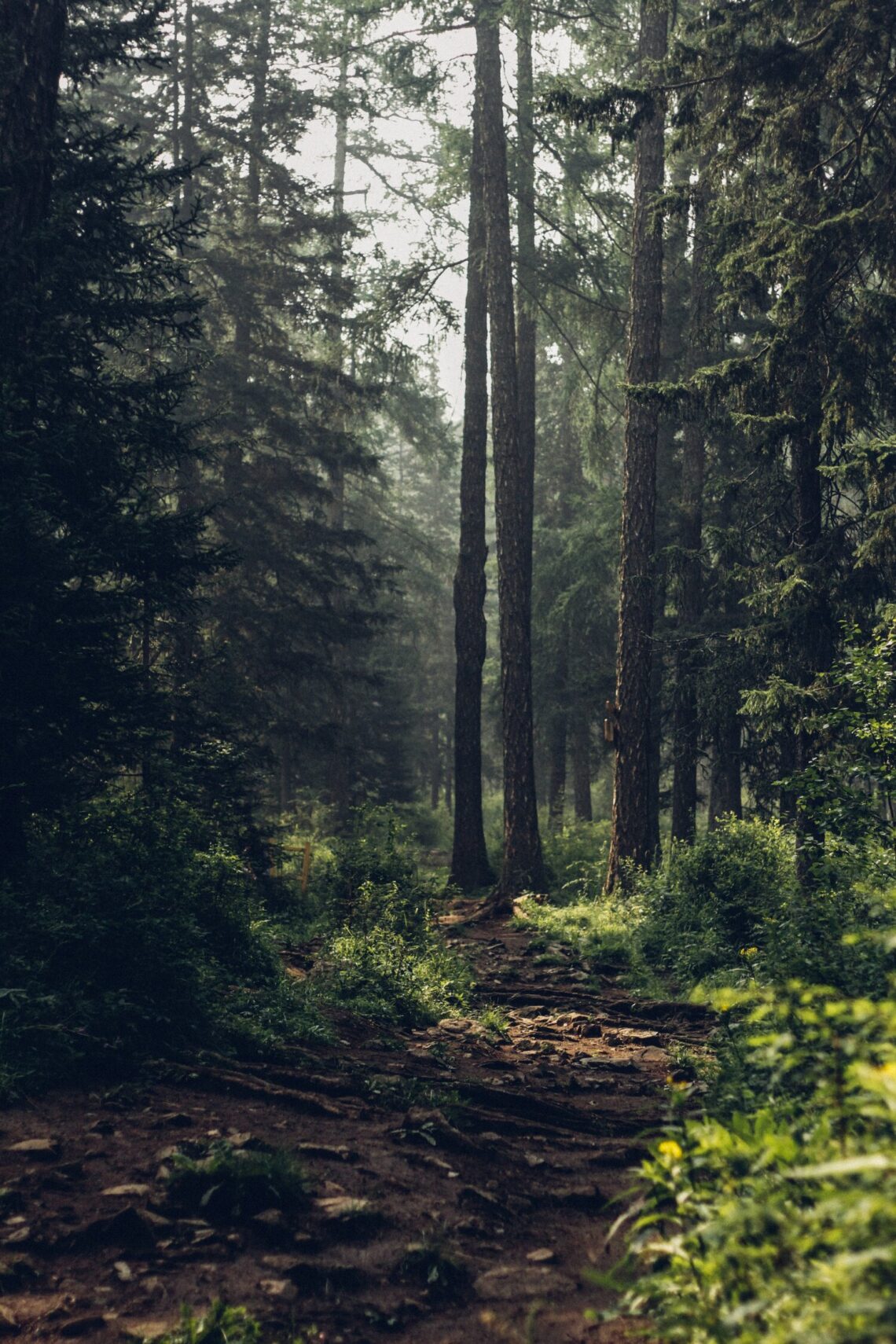
Families of children with disabilities experience a higher level of stress than the average family. For the past three months, stress levels around the world skyrocketed as quarantined families hunkered down at home. Schools, therapies, and jobs all fell to the wayside. Even as we look for a “new normal,” we don’t know when the danger of the COVID-19 virus will pass—at least for people in high-risk categories, which includes my son Joel and many of your children as well.
How do we cope with the added stress? How do we make meaning out of this mess?
As an avid fiction reader (and emerging fiction writer) I understand story as a vehicle for truth. Stories are the way we make meaning out of the seemingly meaningless. And as we make meaning, our stress levels drop. I don’t know about you, but I need to find meaning in this worldwide pandemic.
I’d like to share a story:
Once upon a time there was a kingdom where the people suffered from a disease of forgetting. They forgot to play. They forgot to relax. They forgot to go outside and enjoy nature. They forgot the smell of pine and the beauty of morning birdsong. They forgot the color of the sky at twilight, the bruised color of storm clouds and the way rainbows shimmer after the storm passes. They forgot the way the forest beckons, a mystery to be explored.
One day, a fog blew in and covered the entire earth. With the fog came a terrible illness that threatened to kill the elderly and infirm, and at times, the perfectly healthy. All activity stopped. People were ordered to stay home. All nonessential work and shopping were forbidden. Restaurants, movie theaters and bowling alleys closed. Even the god of sports came tumbling down. Families gathered close, read books, played games, and made cookies. But one day they awoke with the realization that they were about to lose their minds with anxiety and boredom.
One by one, they opened their doors and walked outside. There, a miracle happened. As they ventured out from their homes, the people’s memories were restored. The natural world they’d once known and loved was still there, waiting for their return. Families ventured once more into the hills and forests. And as they walked in the woods their bodies and minds began to return to wholeness. Their lives became more integrated and balanced. The scourge of the deadly disease eventually disappeared as the population’s immune systems were strengthened by daily doses of nature—a nature cure they had forgotten was freely available. A new day dawned, filled with hope…
Guess what? As the story implies, nature is good for us! A forty-minute walk in the woods has been scientifically proven to improve mood. Levels of the stress hormone cortisol decrease with a simple walk amidst the trees.
Over the past couple of months, as my family explored the hiking trails of Hueston Woods State Park, I’ve been noticing many more families enjoying the forest. Hiking and creeking are once again fun family activities. Kids running, splashing, laughing, throwing rocks, lifting logs in the hunt for salamanders; my heart sings to see the nature cure rediscovered.
Nature deprivation is a real scourge in our face-paced society. And this pandemic is turning that around. Families are flocking to the forest.
Source: Special Needs Parenting- Key Ministry

